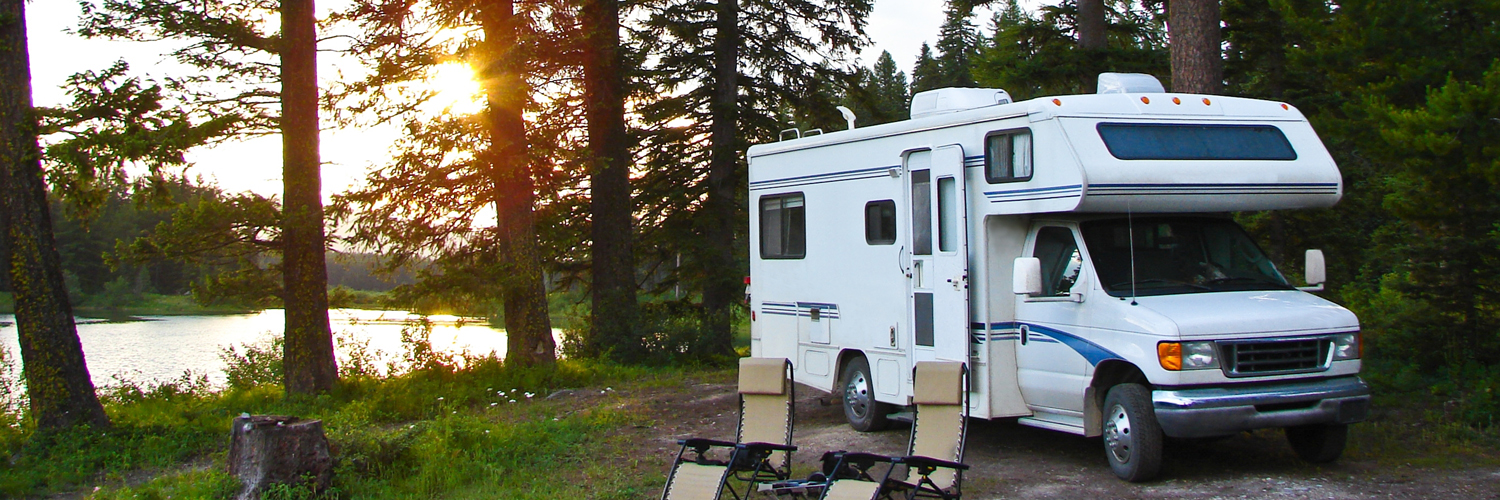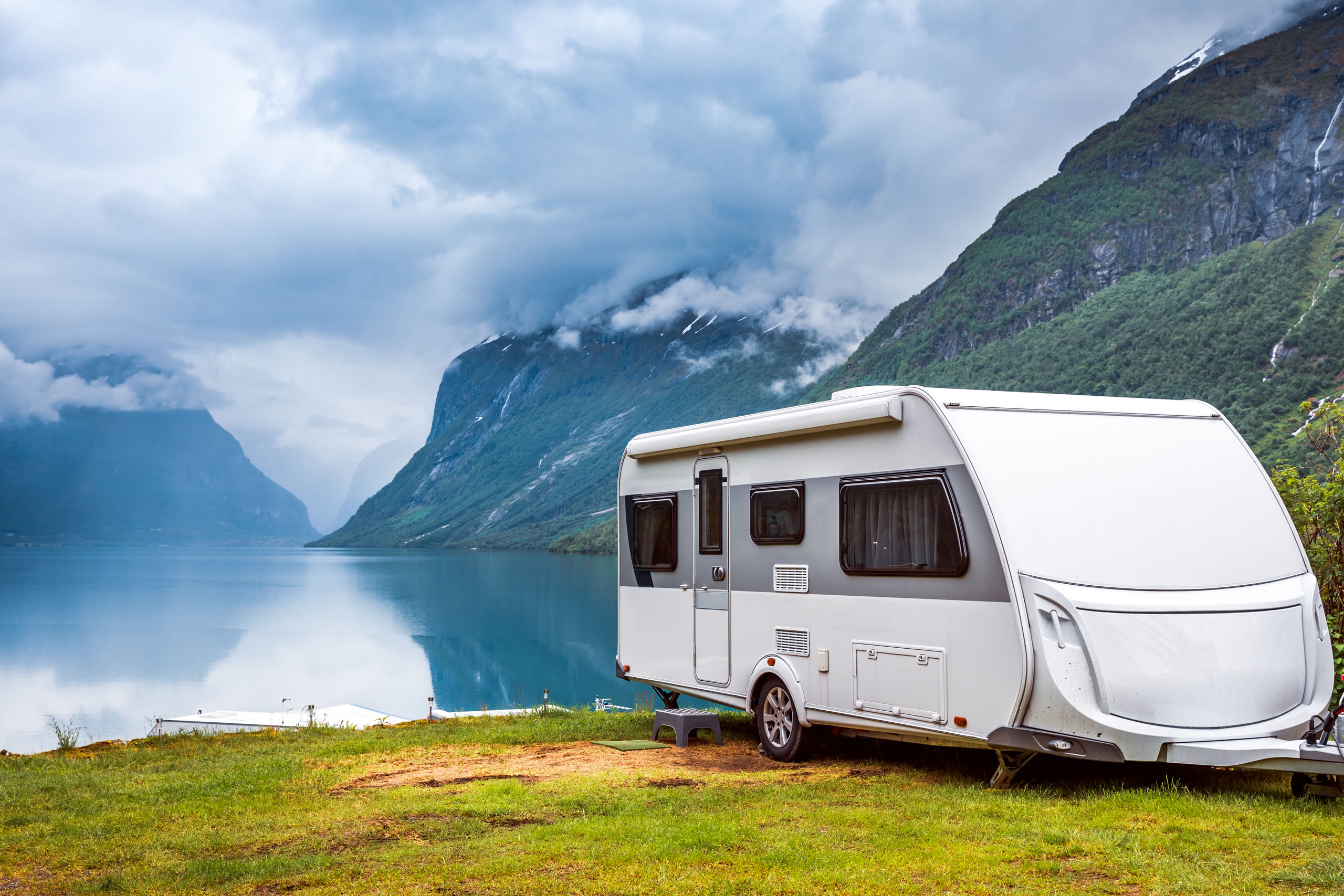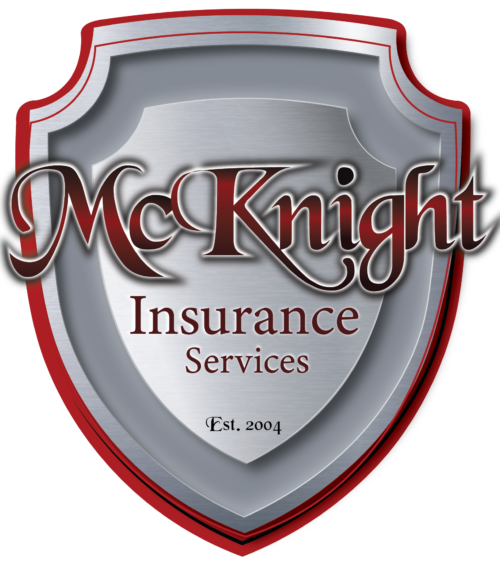Need coverage? Get a quote!
What is RV insurance?
A motorhome serves both as transportation and lodging, and thus requires somewhat different insurance than other vehicles do. An RV insurance policy can give Texas motorhome owners the protections they need.
RV insurance merges the benefits of auto insurance and homeowners insurance to provide extensive coverage for motorhomes. Policies can insure motorhomes, owners and personal belongings.
What Texas residents need motorhome insurance policies?
Texas state law generally requires vehicles, including RVs, to be insured. Most Texas RV owners need motorhome insurance that at least meets (and probably should exceed) state requirements.
RV owners who have an outstanding loan or lease on their vehicle are usually also required by the terms of their agreement to carry certain insurance coverages. Lenders stipulate certain coverages so that the lender’s financial investment in the RV is protected against loss.
Even when insurance isn’t technically required, such as if an owned RV is in storage, insurance is still highly recommended. Not carrying coverage can leave RV owners with no recourse if something happens to their (not inexpensive) vehicle.

What protections can RV owners get through motorhome insurance policies?
Motorhome insurance policies can make a variety of coverages available. Some of these are mandated protections, while others are optional protections. A few of the most common protections that RV owners should check are:
Possible Coverages Available
- Personal Injury Protection: Typically covers injuries sustained by the driver and passengers of the RV
- Bodily Injury Liability: Typically covers injuries to other vehicle passengers and pedestrians in an accident involving the RV
- Collision Coverage: Typically covers damage to the RV in a multi-vehicle accident
- Comprehensive Coverage: Typically covers damage to the RV from non-collision incidents
- Property Damage Liability: Typically covers damage to other vehicles or property in an accident involving the RV
- Underinsured/Uninsured Motorist Coverage: Typically covers accidents caused by drivers who don’t have sufficient insurance
In addition to these, other coverages that are normally optional but important to consider include:
- Personal Property Coverage: Typically covers personal belongings such as dishes, clothes, cameras and souvenirs in the RV
- Emergency Expense Coverage: Typically covers expenses like food and lodging in case of unexpected interruptions during travel
- Campsite and Vacation Liability: Typically covers incidents that occur when the RV is parked and set up at a campsite or vacation spot
- Full-Timer Coverage: Typically provides additional coverage for RV owners who use their RV as a primary residence
Personal Injury Protection
Bodily Injury Liability
Collision Coverage
Comprehensive Coverage
Property Damage Liability
Underinsured/Uninsured Motorist Coverage
Personal Property Coverage
Emergency Expense Coverage
Campsite and Vacation Liability
Full-Timer Coverage

What types of motorhome policies are available to RV owners?
Insurance companies offer several different types — or classes — of motorhome insurance policies. The class that RV owners needs primarily depends on the size/style of their vehicle:
- Class A typically provides coverage for larger RVs and converted buses
- Class B typically provides coverage for medium-sized RVs, camper vans and travel trailers
- Class C typically provides coverage for smaller RVs and fifth-wheels
An insurance agent who specializes in motorhome policies can help RV owners determine which class they need to purchase.
Do RV owners need a motorhome policy that has personal property coverage?
Most homeowners have coverage for their belongings through their homeowners insurance policy, which normally includes personal property coverage. Whether the coverage extends to when belongings aren’t at the house, however, depends on the particular policy.
If a homeowners policy covers belongings when they’re not at the house, then RV owners may not need to purchase additional personal property coverage through their motorhome policy. If a homeowners policy doesn’t cover belongings away from the house, then personal property coverage probably should be included within a motorhome policy.
For full-time RVers who don’t have a primary residence, personal property coverage is normally needed.
A knowledgeable insurance agent can help RV owners determine whether they need this particular coverage.
How can motorhome owners get RV insurance?
If you need help insuring an RV that’s registered in Texas, contact the independent insurance agents at McKnight Insurance. Our agents will work closely with you to determine coverage needs and explore policy options, so that you ultimately get the best RV insurance for your motorhome.
McKnight Insurance Services Independent Agency in Mansfield Texas
Get in touch with one of our team members for questions or quotes!


